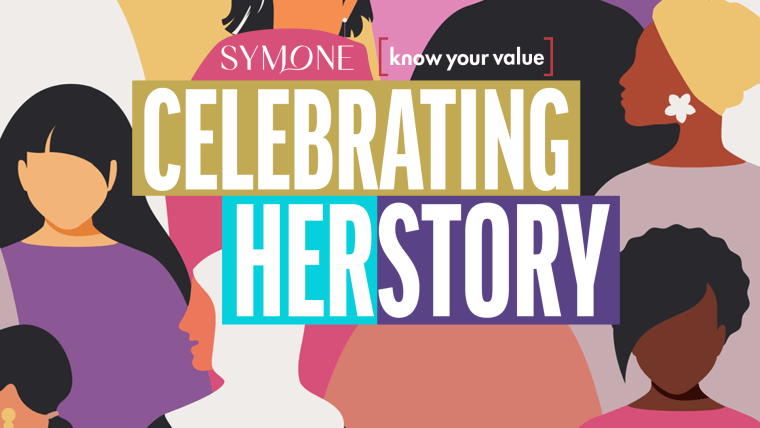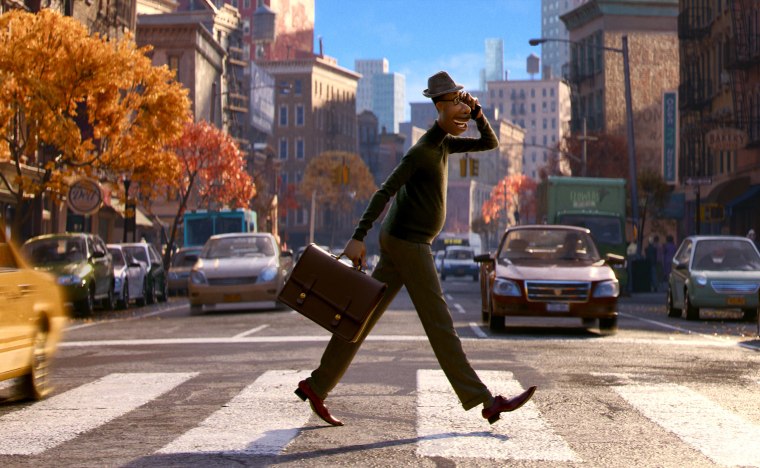How Pixar’s Britta Wilson is bringing greater inclusivity both on — and off — the big screen
Wilson #Wilson

When film director Pete Docter teamed up with screenwriter Mike Jones and producer Dana Murray to create the 2020 animated movie “Soul,” one big challenge was to create a main character who would be believably Black without playing into Hollywood’s previously used stereotypes.
The film follows the story of a Black jazz pianist, Joe Gardner, who was voiced by actor Jamie Foxx. Doctor, Jones and Murray, however, are all white. Murray told the New York Times that Pixar recognized if the main character was Black that “we’d need a lot of help.”
Enter, Britta Wilson, Pixar Animation Studios’ vice president of inclusion and outreach. Wilson helped build an internal “Cultural Trust” for “Soul.” The group was comprised of some of the company’s Black employees who varied in age, gender and job. In addition to the trust, the creators tapped into external consultants and other outside voices to help the film’s creators tell the story as authentically as possible.

“When it was determined that Joe was going to be an African-American…what we knew immediately was that we had to provide the scaffolding and support,” Wilson recounted to MSNBC’s Symone Sanders as part of Sanders and Know Your Value’s “Celebrating HER-STORY” series for Women’s History Month.
Wilson said her single goal was “to make sure that Joe Gardner navigated the world as a Black man.” She added, “We wanted to enrich those storytellers by hearing the stories of those who were member participants of those communities … We felt without a doubt that this made a difference.”
 A scene from Pixar’s “Soul,” with Jamie Foxx was tapped to voice Joe Gardner.Pixar / PIXAR
A scene from Pixar’s “Soul,” with Jamie Foxx was tapped to voice Joe Gardner.Pixar / PIXAR
In 2021, “Soul” won an Oscar for Best Animated Feature. It was also the first Pixar film that had a Black man as the protagonist and main character.
When Wilson first accepted her role at Pixar in 2016, her primary goal was to create greater access and opportunity. “I felt like if we were going to really move the needle in this space, that storytelling was going to be a pivotal place to do it,” she said.
But it’s not just on the screen where Wilson is having major impact. A big part of her job involves creating a sense of belonging and inclusivity internally for Pixar employees.
“I spent the first probably seven or eight months of my time with the studio [on a listening tour], asking people to tell me their stories … what it was like to work at the studio,” Wilson recounted. “What I learned is that there was a high desire to embed new storytellers and have broader representation, but there was trepidation around how to do it because it was a new muscle that we needed to develop.”
So, Wilson decided to create an annual “Inclusion Summit” for employees in which Pixar brings in speakers, experts and community members to chat with employees about all topics related to equity, access and opportunity. The event also includes a day of service.
Sanders asked Wilson what legacy she wants to leave at Pixar.
“I come from a long history of strong women,” Wilson noted. “…What I was always taught was to make more deposits than withdrawals. And so my legacy, if I could choose what it would be, is to make sure that I made as many deposits in the lives of so many that really matter.”